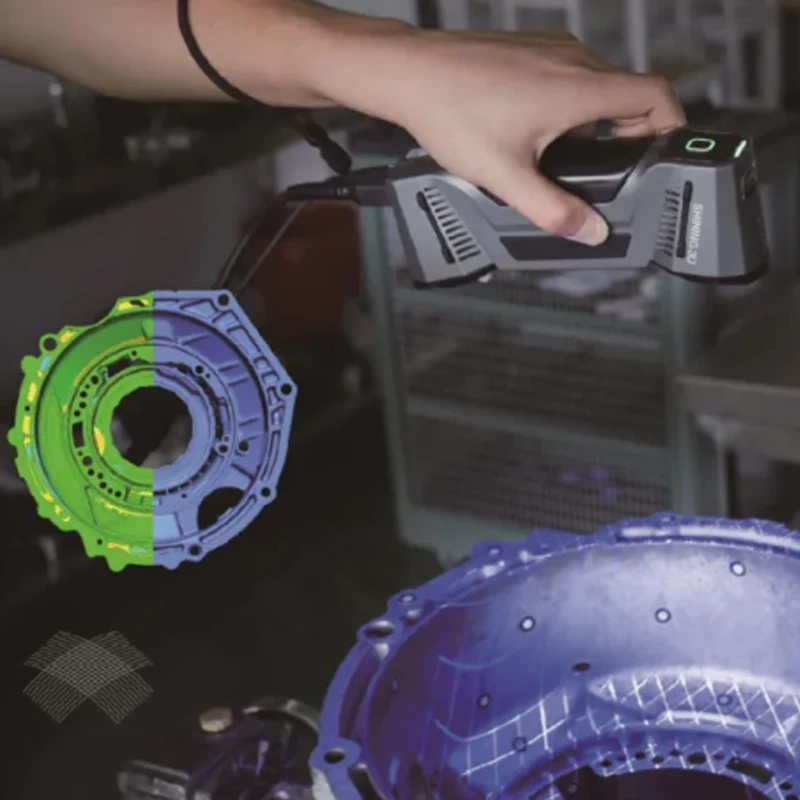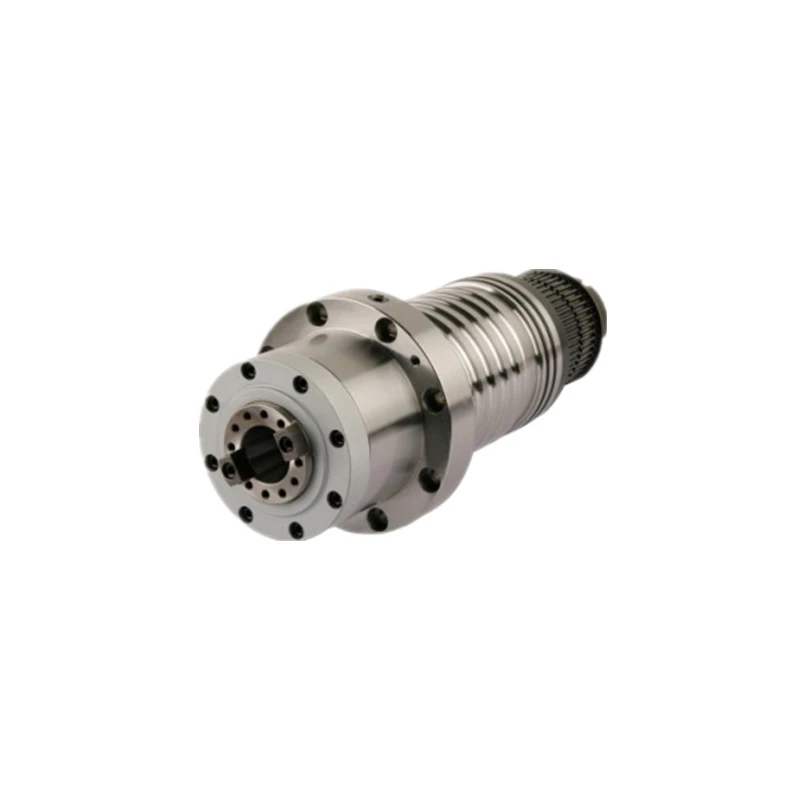1 月 . 13, 2025 09:35 Back to list
Lidar Scanning


The evolution of laser scanning technology has been marked by advancements in software and processing algorithms, making it possible to integrate data more seamlessly and quickly than ever before. The latest software options not only improve the accuracy of scans but also streamline the workflow, allowing technicians and engineers to spend more time on data interpretation, rather than data collection. This enhancement in efficiency can translate to significant cost savings and shorter lead times, a critical advantage in competitive markets. One cannot underestimate the importance of staying current with technological advancements when it comes to maintaining expertise in laser line scanning. Professionals committed to continuing education and adaptation to new tools are those who leverage the full potential of this technology. It is not simply the machine itself but the operator's expertise that ultimately determines the quality of the scanned data. In sum, laser line scanning is not merely a tool but a technological cornerstone in modern industrial applications. Its adoption is rooted in its unparalleled precision, versatility, and trustworthiness. By continually evolving to meet the rigorous demands of various industries, it solidifies its status as an essential component in achieving product excellence and operational success.
-
Why Steel Mills Rely on FODA’s High-Temperature Cylindrical Roller Bearings?
NewsApr.10,2025
-
What is a Plain Bearing? A Complete Guide to Design & Functionality
NewsApr.10,2025
-
Thrust Ball Bearings vs. Tapered Roller Bearings: FODA’s Performance Comparison
NewsApr.10,2025
-
The Engineering Behind FODA Thrust Ball Bearings: Precision for High-Speed Applications
NewsApr.10,2025
-
No More Compromises: Get Precision-Engineered Custom Bearings Tailored to Your Exact Specifications
NewsApr.10,2025
-
In-Depth Analysis: Application Differences of Different Types of Angular Contact Ball Bearings
NewsApr.10,2025
Products categories
















